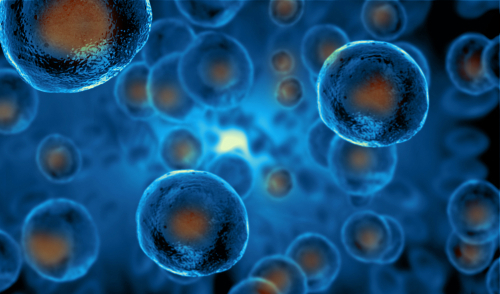FDA Grants RMAT Designation to Capricor Cell Therapy for Duchenne
Written by |

CAP-1002, a cell therapy being developed by Capricor Therapeutics to treat Duchenne muscular dystrophy (DMD), has won a Regenerative Medicine Advanced Therapy (RMAT) designation from the U.S. Food and Drug Administration (FDA).
RMAT status is given to regenerative medicine therapies that show potential to treat serious conditions lacking available therapies. The FDA’s Office of Tissues and Advanced Therapies said it will work closely with Capricor on CAP-1002, “including providing advice on generating the evidence needed to support approval of the drug in an efficient manner,” the Los Angeles-based company said in a press release.
Capricorn plans to request a meeting with FDA officials to discuss CAP-1002’s development program for DMD, and specifically its upcoming Phase 2 HOPE-2 trial (NCT03406780).
“The RMAT designation is recognition by the FDA of the potential of CAP-1002 and the importance of bringing this therapy to market to serve the unmet needs of boys and young men who have lost the ability to walk because of Duchenne muscular dystrophy,” said Capricor President and CEO Linda Marbán, PhD.
“CAP-1002 is one of the few therapies currently in development to help non-ambulant” Duchenne patients, she said, adding that “it’s important that we move forward into the next phase of clinical development to potentially help them maintain what function they have in their arms and hands.”
The FDA based its RMAT designation on data from the Phase 1/2 HOPE-Duchenne trial (NCT02485938), which showed that a single dose of CAP-1002 cells could effectively improve muscle wall thickening of the heart’s left ventricle by 16.3 to 31.2 percent. This is an essential feature for the heart to properly pump oxygenated blood throughout the body.
In addition to the heart improvements, CAP-1002 cells were found to also improve skeletal muscle function in eight of the nine treated boys, demonstrated by a range of hand and arm function tests.
Capricor is preparing to launch the FDA’s approved HOPE-2 trial to test the potential benefit of several intravenous administrations of CAP-1002. The trial will likely enroll 84 patients with advanced-stage DMD, across 10 to 12 U.S sites. Participants will randomly receive either CAP-1002 or a placebo every three months for one year.
The FDA has granted CAP-1002 Orphan Drug Designation and Rare Pediatric Disease Designation, both of which should further expedite approval and delivery of this cell therapy to DMD patients.




